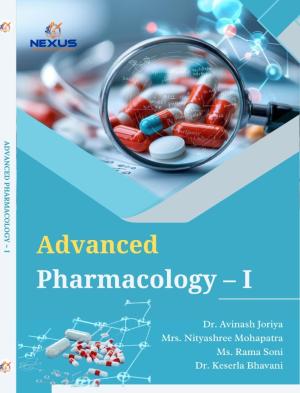CARDIOVASCULAR PHARMACOLOGY
Synopsis
Cardiovascular Pharmacology focuses on the study of drugs that affect the heart and blood vessels, aiming to prevent, manage, or reverse cardiovascular diseases (CVDs). It encompasses a wide range of therapeutic agents including antihypertensives, antiarrhythmics, anticoagulants, lipid-lowering drugs, and vasodilators, each targeting specific pathophysiological mechanisms such as blood pressure regulation, cardiac rhythm control, thrombosis prevention, and lipid metabolism.
The field integrates knowledge of receptor pharmacology, ion channel modulation, enzymatic pathways, and signal transduction to understand drug actions and optimize treatment strategies. Advances in pharmacogenomics and molecular biology have enabled the development of targeted therapies and first-in-class drugs for conditions like heart failure, atherosclerosis, and myocardial infarction.
Cardiovascular pharmacology plays a pivotal role in reducing morbidity and mortality associated with CVDs, and continues to evolve with innovations in drug delivery systems, combination therapies, and personalized medicine approaches.
Downloads
Volume
Pages
Published
License

This work is licensed under a Creative Commons Attribution-NonCommercial-NoDerivatives 4.0 International License.





